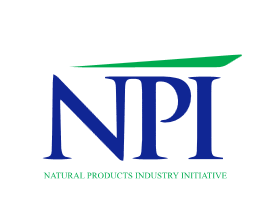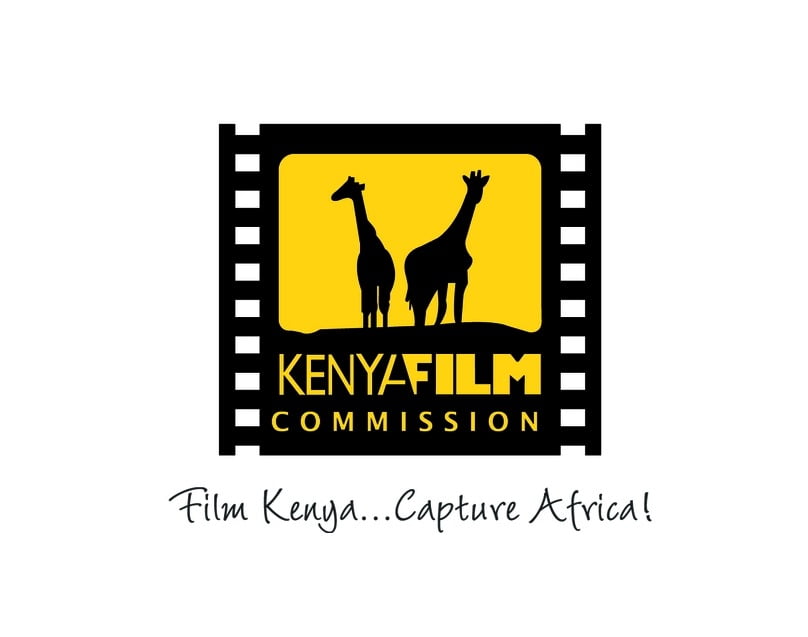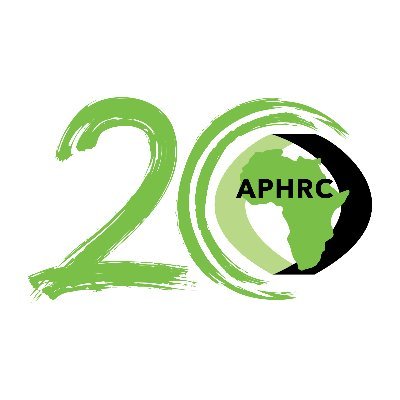Partners
THE NATURAL PRODUCTS INDUSTRY INITIATIVE KENYA VISION 2030 FLAGSHIP PROJECT
 The Natural Products Industry (NPI) Initiative, a Kenya Vision 2030 Flagship Project, under the State Department for Culture and Heritage, is anchored as a special program at the National Museums of Kenya. The concept of the natural products industry is premised on allowing indigenous knowledge systems to drive market-oriented innovations leading to the development and commercialization of niche products for the local and international markets. The NPI Program seeks to add value to our indigenous knowledge (IK)-based assets through scientific validation and business expertise to generate locally derived value-added products thereby open up a new growth area of the economy. To achieve this, NPI value chain needs to be fully operationalized. The first node in the NPI value chain involves harnessing of indigenous knowledge-based assets. The first node will be attained by establishing an Indigenous Knowledge Innovation Bank (InKiBank) comprising of indigenous knowledge county digital registers interlinked to a national repository containing multiple and diverse indigenous knowledge-based assets. Goal: Harnessing a vibrant natural products sub-sector as new growth area of Kenyan economy.
The Natural Products Industry (NPI) Initiative, a Kenya Vision 2030 Flagship Project, under the State Department for Culture and Heritage, is anchored as a special program at the National Museums of Kenya. The concept of the natural products industry is premised on allowing indigenous knowledge systems to drive market-oriented innovations leading to the development and commercialization of niche products for the local and international markets. The NPI Program seeks to add value to our indigenous knowledge (IK)-based assets through scientific validation and business expertise to generate locally derived value-added products thereby open up a new growth area of the economy. To achieve this, NPI value chain needs to be fully operationalized. The first node in the NPI value chain involves harnessing of indigenous knowledge-based assets. The first node will be attained by establishing an Indigenous Knowledge Innovation Bank (InKiBank) comprising of indigenous knowledge county digital registers interlinked to a national repository containing multiple and diverse indigenous knowledge-based assets. Goal: Harnessing a vibrant natural products sub-sector as new growth area of Kenyan economy.
Some of the Thematic Areas
- Capacity-building and Undertaking of Documentation, Digitization, Preservation and Application of Indigenous Knowledge Systems as a Strategic Asset for National Development (popularly referred to as the DoDi Project). Document, protect & promote indigenous knowledge intellectual assets of the Kenyan people in all the 47 counties under 3 phases: Phase I (13), Phase II (20) & Phase III (14) counties. Currently, Phase I is on-going. IK assets selected as “low-hanging fruits” from the InKiBank will be subjected to value addition & commercialization in county-based cottage industries for the marketplace.
- Commercialization of African indigenous vegetables (AIV) in identified counties Recruit and train AIV producers in AIV value chain, supply them with certified AIV seed and link them to markets. Currently, 33,224 beneficiaries in 18 counties achieved.
- Harnessing of indigenous wild fruits as a commercial venture Feasibility study done in lower Eastern, N. Eastern & Coast regions demonstrating a commercial viability
- Research on herbal immune boosters and natural contraceptives for commercialization Currently, respiratory infections including COVID-19 & Abrus precatorius (Mturi turi) pre-clinical research on-going.
- Promoting the role of youths in the natural products sub-sector through the young-champions-for-culture concept A vibrant platform comprising 685 champions from 33 counties to enable them play a crucial role by participating in the harnessing of the new sub-sector of the economy.
Expected Key Outcomes:
- Indigenous knowledge intellectual assets mainstreamed into the knowledge economy to serve as key enablers of national development priorities and as a mark of national pride
- Huge potential to contribute to the realization of the pillar on micro, small and medium enterprise of the Kenya Kwanza Bottom-Up Economic model through establishing cottage industries and commercializing heritage products arising from innovations in the Indigenous Knowledge Innovation Bank
- African indigenous vegetables & indigenous wild fruits consumption mainstreamed in the food chain for enhanced nutrition, health, wellbeing, increased incomes and enhanced livelihoods
- National preparedness for combating pandemics through an integrated management approach improved by incorporating certified herbal immune boosters in prevention strategies
- Safer, accessible and more socially acceptable birth control measures mainstreamed in reproductive health system by incorporating certified natural contraceptives
Partners: Local communities, County Governments, National institutions (KEPRE, WRTI, KEMRI, KIRDI, KEFRI, NACOSTI, KEBS, KIPI, KWS, NEMA etc) Universities, NGOs
Facebook: Natural Products Industry – NPI
Twitter: @NPI_Kenya
YouTube: Natural Products Industry - Kenya
THE KENYA FILM COMMISSION

The Kenya Film Commission (KFC) is a state agency that was established by the Government of Kenya in 2005 under legal Notice NO. 10 of 2005. In line with the Parastatal Reform process, a new Legal Notice No. 147 capturing the new and expanded functions of the Commission was signed on July 24, 2015.The Commission is under the Ministry of Youth Affairs, Sports and the Arts.
The Commission is mandated to: -
- Develop, promote and market Kenya’s film industry locally and internationally;
- Identify and facilitate growth of the film industry;
- Generate, manage and disseminate film industry research, information and market data, and act as a repository and archive of Kenya ‘s film records;
- Promote and facilitate the development of local content;
- Establish incubation centres for the film industry in Kenya;
- Coordinate and certify persons, associations and organizations participating in the production of film, photography, video, stills, animation, new media and related media;
- Establish and administer a film promotion fund;
- Provide liaison services for Government departments on matters relating to the promotion, marketing and development of the film industry;
- Develop fiscal and other incentives to promote investment in the film industry; and Partner, develop and create linkages with county, national and international organizations, both public and private, to improve and facilitate investment in the film industry.
Our mission is to develop a vibrant and sustainable local film industry, and market Kenya as a preferred filming destination for wealth and job creation. For more information on the Commission log on to www.kenyafilmcommission.go.ke
THE RESEARCH VISIBILITY ROUNDTABLE
 The Africa Population and Health Research Center (APHRC), an Africa-based, African-led premier research institution, works to drive change with evidence. Through its Catalyze project, the Center is collaborating with the Technical University of Kenya (TUK) to host a Research Visibility Roundtable pre-conference event on October 3, 2023, at the 3rd International Conference on Information and Knowledge Management.
The Africa Population and Health Research Center (APHRC), an Africa-based, African-led premier research institution, works to drive change with evidence. Through its Catalyze project, the Center is collaborating with the Technical University of Kenya (TUK) to host a Research Visibility Roundtable pre-conference event on October 3, 2023, at the 3rd International Conference on Information and Knowledge Management.
The Research Visibility Roundtable, themed " Increasing visibility to African-led research and impact," will discuss innovative tools and platforms that enhance research visibility, collaboration, and capacity strengthening. It will bring together a diverse group of stakeholders, including junior, mid-level, senior researchers, vice-chancellors, policymakers, funders, and representatives from various African industries.
Event Objectives:
- Discuss various initiatives and platforms developed by the Catalyze Project that promote research visibility and capacity building among African researchers.
- Engage researchers on the African Universities and Researchers Profile platform, Research Readiness Score survey tool, African Journal Visibility Platform, and GFGP initiative.
- Showcase ongoing work through the Consortium for Advanced Research Training in Africa (CARTA) initiative. This collaborative initiative is co-led by APHRC and Witwatersrand University and focuses on research training and capacity building for African academics. It aims to strengthen the African academic community's ability to conduct world-class research.
- Convene key stakeholders, including university management, government ministries, and foundations, to participate and contribute to the conference discussions.
This initiative aims to enhance research visibility and collaboration within Africa.